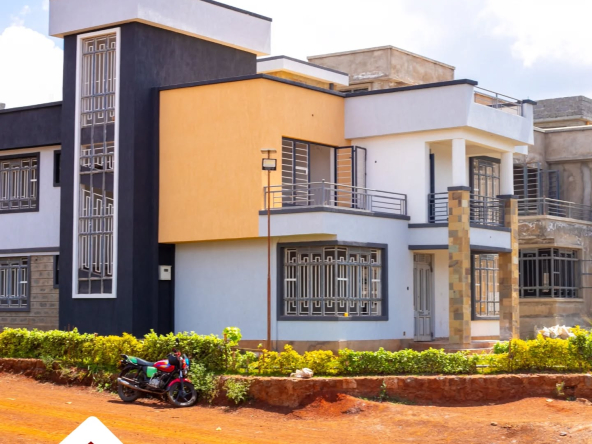Why Kenya’s Real Estate Sector Needs a Digital Shift
Smart Contracts in Real Estate Kenya are beginning to revolutionize how property transactions are handled across the country. From Nairobi’s high-rise apartment deals to land sales in satellite towns like Juja and Kitengela, buyers and sellers are now exploring blockchain-powered agreements that eliminate delays, reduce fraud, and automate payments. As Kenya’s property sector embraces digital innovation, smart contracts promise to make real estate transactions faster, more transparent, and less reliant on cumbersome paperwork or intermediaries.
Automating Real Estate Deals: No Brokers, No Delays
Traditionally, property buyers and sellers in Kenya go through multiple middlemen — brokers, lawyers, land officials — with each step prone to delay or manipulation. Smart contracts simplify this.
For example:
- A buyer sends money into digital escrow.
- The seller uploads a digitally verified title deed.
- Once a title check and payment confirmation are done, ownership is automatically transferred.
This means no physical paperwork, no unnecessary middlemen, and instant processing of property transfers — even for diaspora investors.
Read Also: Land Prices in Nairobi Satellite Towns Flatten in Q2 Amid Apartment Glut
Escrow Services Go Digital: Trust Without Intermediaries
Escrow is a critical part of any property deal. In Kenya, it often involves lawyers or banks acting as neutral third parties. But with blockchain-based digital escrow, funds are securely locked in smart contracts until all deal conditions are met.
This reduces fraud risks, removes delays, and lowers transaction fees. For example, if a buyer agrees to purchase a plot in Kitengela for KSh2.5M, the smart contract holds the money until:
- The seller proves title ownership
- Zoning and planning checks pass
- The land is transferred digitally
Once confirmed, the funds are released instantly — no legal back-and-forth needed.
Transparent, Tamper-Proof Records: A Cure for Land Scams?
One of Kenya’s biggest real estate problems is land title fraud. Fake title deeds, double sales, and missing records have burned thousands of innocent buyers. But with smart contracts built on public blockchains, all records are time-stamped and tamper-proof.
This could eliminate:
- Duplicate land sales
- Forged title documents
- Backdoor government registry manipulation
Every step — from initial agreement to final land transfer — is verifiable by all parties, creating trustless transparency.
Read Also: Just as Harambee Stars are Progressing in CHAN, So Does Construction at Willstone Homes!
Who Benefits Most from Smart Contracts in Kenya?
- Diaspora Buyers
Kenyans abroad often fear being conned when buying land. Smart contracts provide secure, transparent, and instant deal execution — no physical presence required. - Developers and Agencies
Large-scale real estate developers can streamline sales, reduce legal overhead, and automate payment tracking using blockchain tech. - First-Time Buyers
Young professionals looking to avoid broker scams and legal delays benefit from a simplified, trustworthy process. - Regulators
County governments and the Ministry of Lands can integrate blockchain to curb corruption and improve public service delivery.
Challenges to Adoption
Despite its promise, the use of smart contracts in real estate Kenya still faces:
- Legal grey areas (smart contracts are not yet fully recognized under Kenyan law)
- Low blockchain literacy among stakeholders
- Infrastructure gaps — many land registries are still offline or semi-automated
However, with Kenya’s growing interest in fintech and a youthful, tech-savvy population, adoption is just a matter of time.
A Paperless Future for Kenyan Property Deals?
The days of paper-heavy, opaque real estate transactions are numbered. With smart contracts in real estate Kenya, buyers and sellers could soon close deals with a few clicks — faster, cheaper, and more securely than ever before.
Whether you’re a developer, investor, or aspiring homeowner, now is the time to start exploring blockchain-powered real estate solutions. The future is digital, and in Kenya’s property sector, smart contracts are leading the way.





